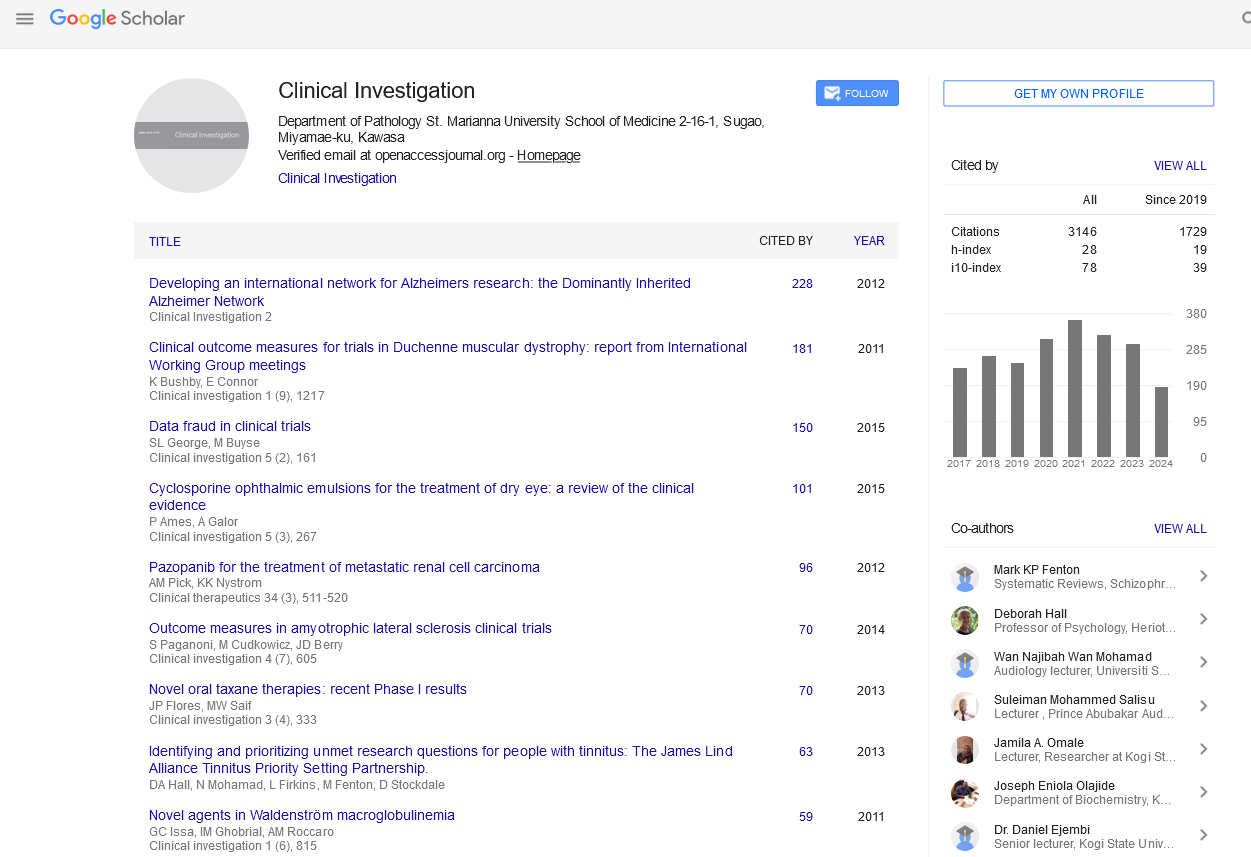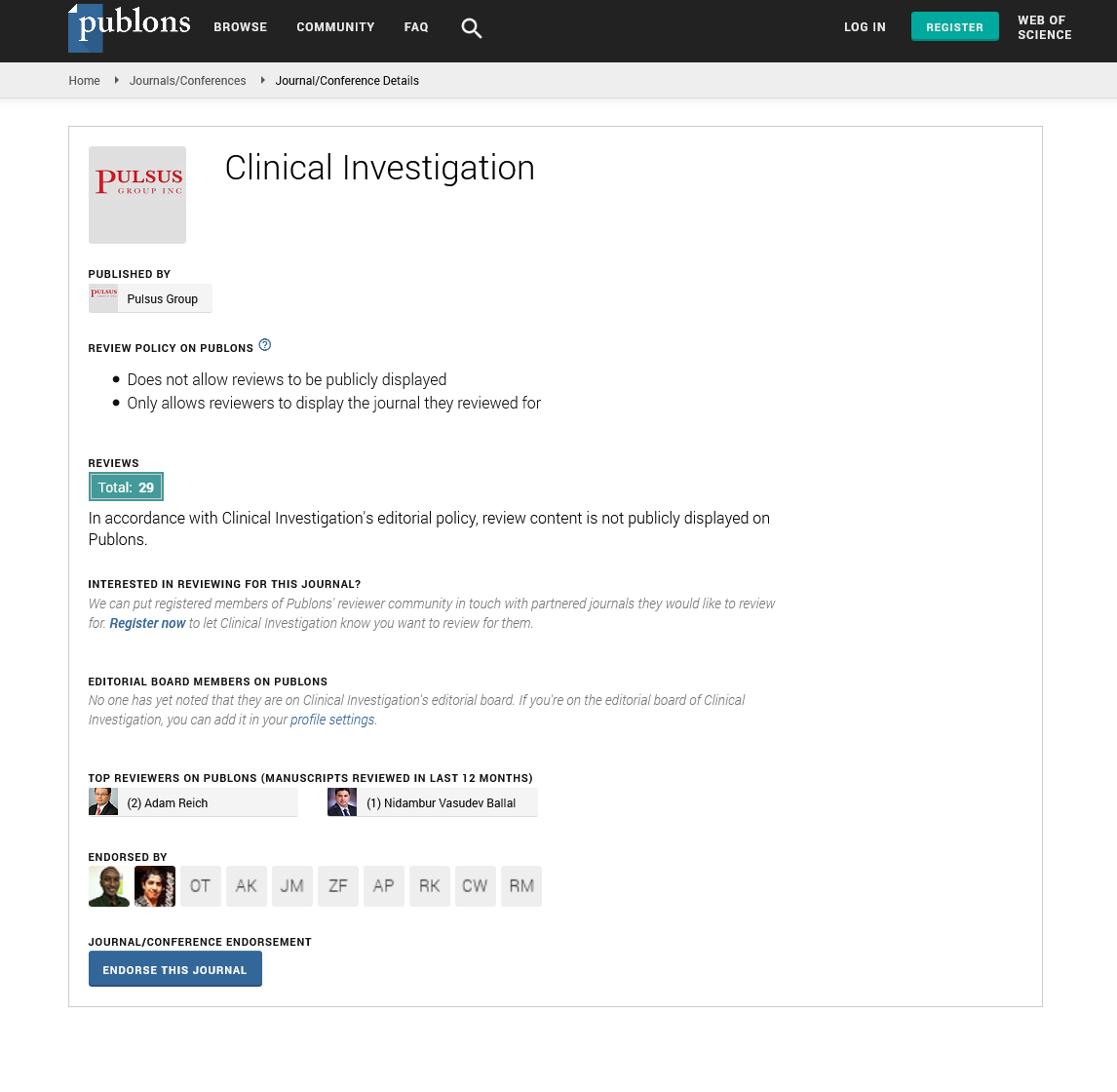Research Article - Clinical Investigation (2018) Volume 8, Issue 2
Ph and residual gastric volume after mannitol preparation: A randomized controlled study comparing ingestion three versus six hours prior to the procedure
- Corresponding Author:
- Renzo Feitosa Ruiz
Oswaldo Cruz German Hospital, Treze de Maio st
1815, Bela Vista, Sao Paulo, zip code 01327, Brazil
E-mail: renzofruiz@hotmail.com
Submitted Date: 02 May 2018; Accepted Date: 11 May 2018; Published Date: 14 May 2018
Abstract
Objective: The main objective of the study is to compare gastric volume and pH values after the ingestion of mannitol three hours versus six hours before a colonoscopy procedure.
Methods: This study is a parallel randomized controlled trial with a 1:1 allocation ratio, involving ambulatory patients scheduled to undergo a colonoscopy procedure, not having previous gastric surgeries, with an American Society of Anesthesiology risk of less than III, older than 18 years of age, and with a fasting period for solid food of over eight hours. All participants underwent a bowel preparation with mannitol, being randomized to start the preparation either three or six hours before the colonoscopy procedure. Outcomes of interest were pH and gastric residual volume.
Results: The study sample included 102 subjects with subjects in the three-hour group being significantly older than individuals in the six-hour group (59.73 (± 18.69) vs. 51.71 (± 20.46); p=0.041) and subjects in the six-hour group presented higher BMI than individuals in the three-hour group (28.55 (± 5.15) vs. 26.35 (± 5.78); p=0.046). When evaluating study outcomes adjusting for baseline imbalances in age and BMI, we found no statistically significant differences between the three and the six-hour arms. In a subgroup analysis among the subgroup of patients with Diabetes Mellitus, the six-hour arm presented a significantly higher gastric volume when compared to the three-hour arm (127 versus 43.4 and 116 versus 37.8), respectively.
Conclusion: Our results are in line with the notion that a three-hour fasting period is safe to prevent aspiration from gastric content during bowel preparation with mannitol. Considering that long fasting protocols may result in adverse outcomes such as dehydration and electrolyte imbalance, we provide evidence to support the practice of short fasting periods.
The article entitled “Ph and residual gastric volume after mannitol preparation: A randomized controlled study comparing ingestion three versus six hours prior to the procedure,” has been accepted for publication in the Clinical Investigation considering the statements provided in the article as personal opinion of the author which was found not having any conflict or biasness towards anything. As the article was a perspective one, information provided by the author was considered as an opinion to be expressed through publication.
Publisher took decision to make the article online solely based on the reviewers suggestion which considered the article not but a personal opinion of the author. However, it is found that the author have some personal concerns and issues, therefore, being retracted from the journal.


